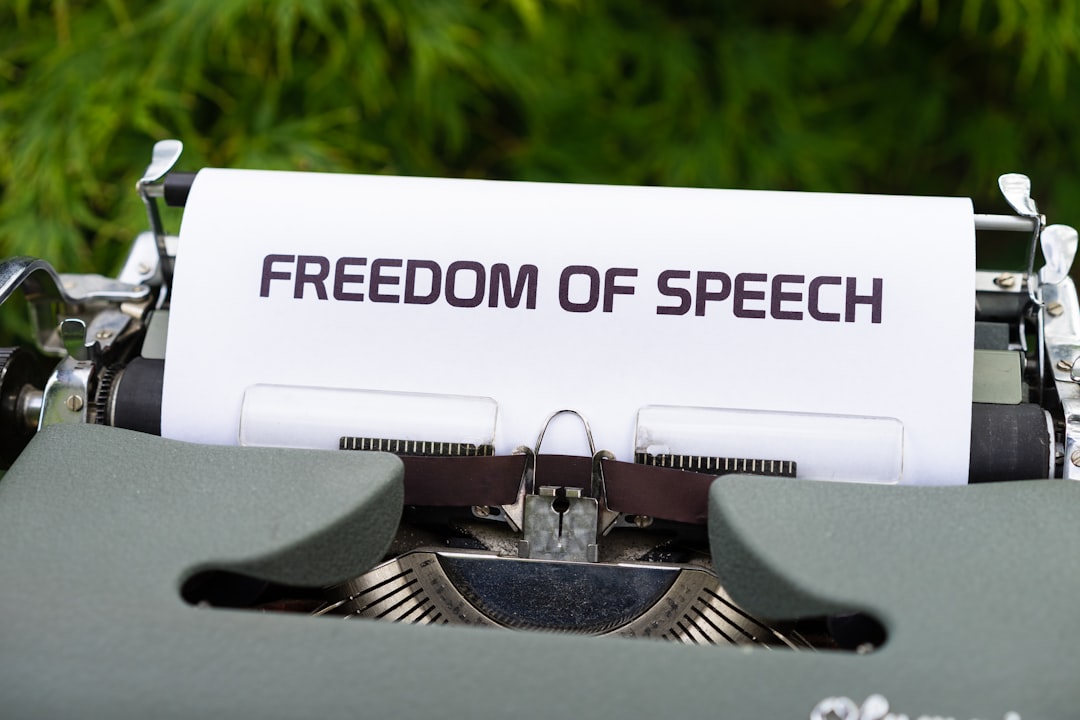Can Elon Musk Help Stem The Decline of Free Speech In America?
Musk's stake in Twitter gives hope for Americans who are banned from the 'public square'.

I wrote a story last year for my blog, Age Discrimination in Employment, about the AARP raking in almost a billion in “royalties” in 2019 from licensing its brand name to companies to market health insurance premium cruise vacations, cell phone service, etc.
The AARP has so much money, I wrote, that it has began giving…

